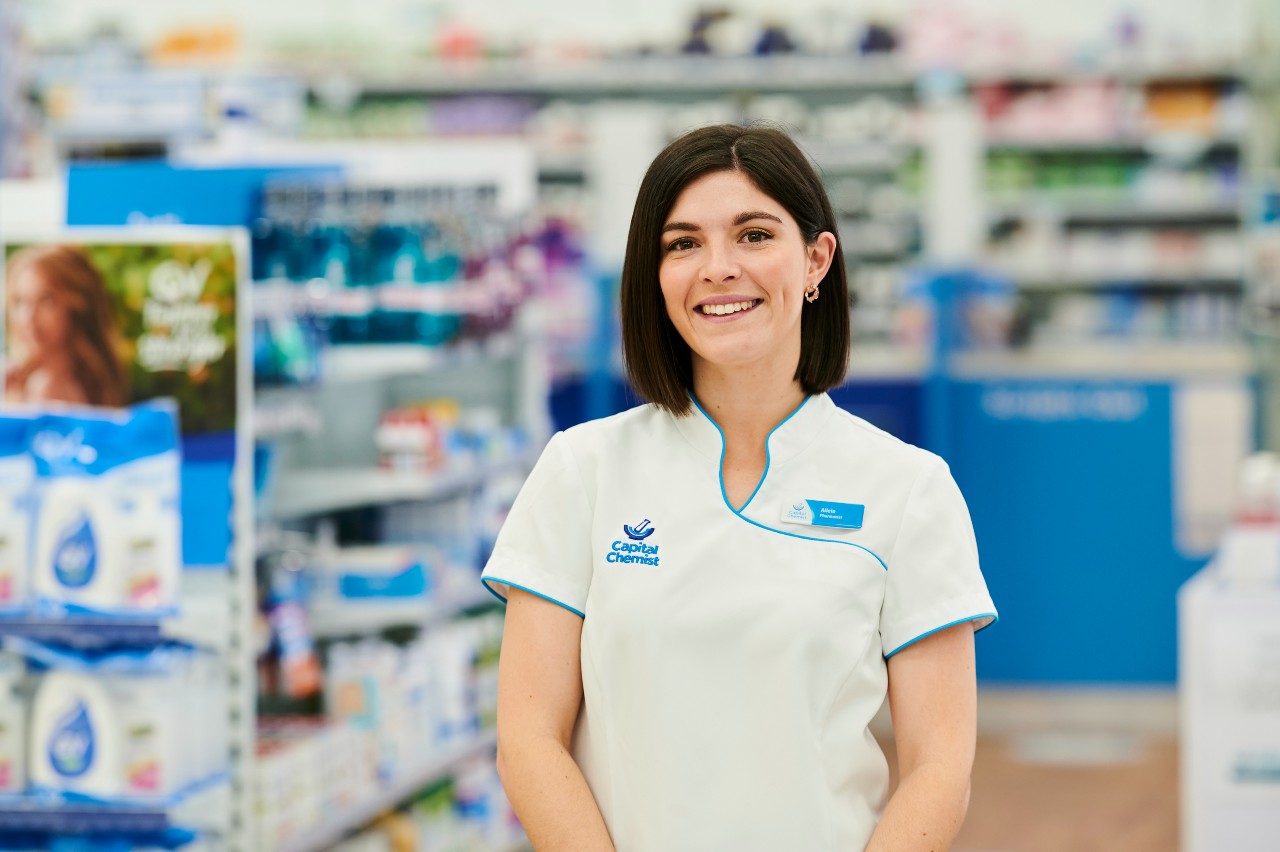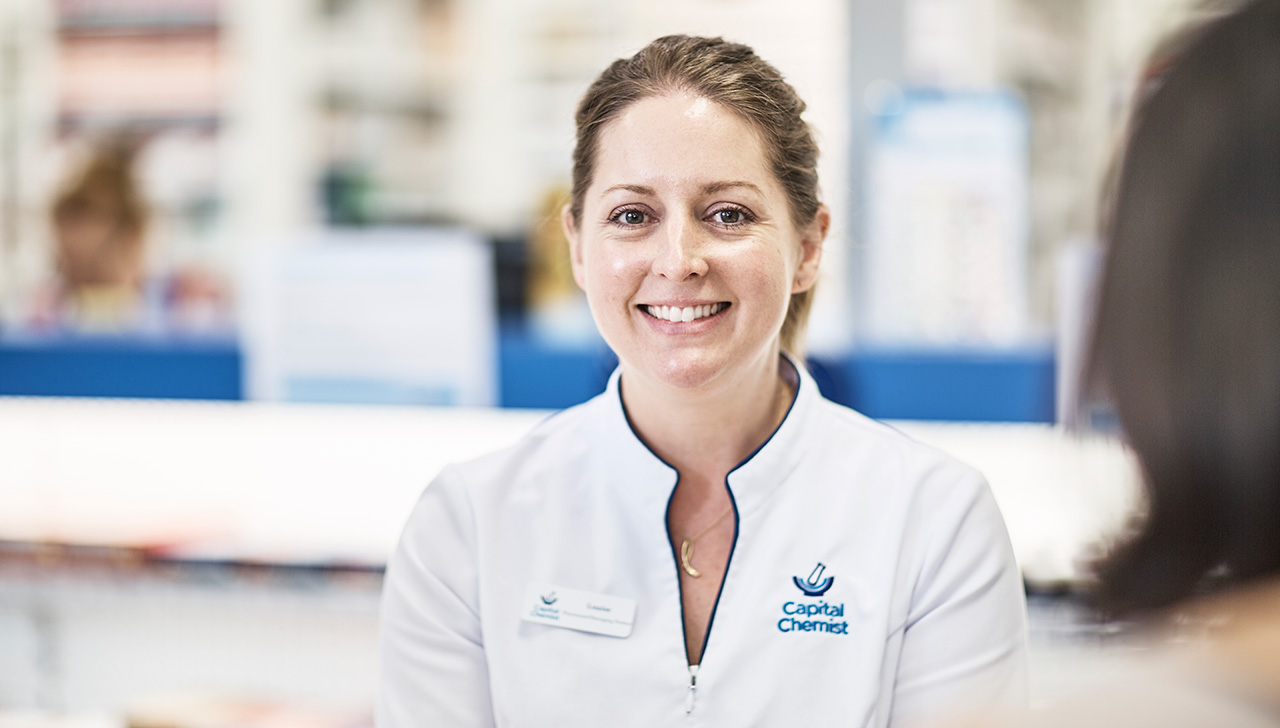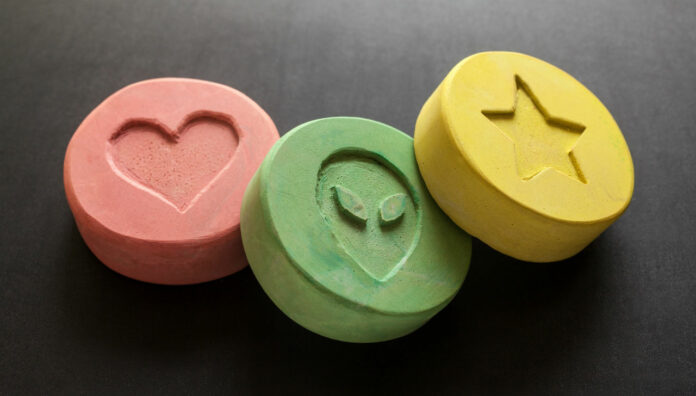As we head into festival season, revellers from most states and territories could find themselves in a potentially deadly situation.
Just last Saturday (9 December 2023) when the mercury peaked at 42.5° Celsius, four attendees of the EPIK Festival at Sydney Showground were hospitalised.
‘Those people are in a critical but stable condition, [which] appear to be from taking drugs and drug-related issues,’ said NSW Minister for Health Ryan Park.
These incidents follow two deaths of men in their 20s at the same venue on 30 September 2023 from suspected overdoses.
Illicit drug use doesn’t just take place at festivals. Casual drug use is known to occur throughout the holiday season– from Christmas parties to New Year’s Eve festivities.
The ACT remains the only Australian jurisdiction to legalise drug testing – a service PSA continues to champion years after the release of its Pill Testing Position Statement.
However, pharmacists across the rest of the country can still strive to keep partygoers safe this summer season.

Drug testing data generates behaviour change
CanTEST, Australia’s only pill testing service, produces data each month about samples it tests.
During the original pill testing trial in Canberra, 57% of the samples tested were not what the person thought it was, said PSA’s ACT President Olivia Collenette MPS.
‘Of the people who were provided information, 42% reported they would change their drug taking behaviour based on this result,’ she said. ‘This month’s report indicates a trend of increased purity for cocaine and MDMA, with people encouraged to start with smaller doses if they still choose to use it.’
CanTEST also puts out public health alerts when there’s a repeated pattern of a drug containing unexpected substances, including a warning issued after a potentially deadly synthetic opioid was in yellow pills sold as oxycodone.
CanTEST's monthly results summary for 21 Sept to 20 Oct are out today. pic.twitter.com/ivrlepWP1J
— CanTEST (@CanTESTCBR) December 12, 2023
Honesty is the best policy
The drugs most commonly used by Australian music festival revellers include alcohol, MDMA, cannabis, and cocaine.
Pharmacists should reassure consumers that they can be honest with ambulance staff or medical professionals if something occurs, said Alicia Martin MPS, an ACT-based community pharmacist passionate about harm minimisation.

‘Telling medical information to a medical staff member means they’re protected from privacy rules, so they won’t get in trouble with the police,’ she said.
If a person is planning on using drugs, Ms Martin suggests reminding them to always tell a friend:
- what they plan on taking
- what they have taken
- the quantity consumed.
‘If something does go wrong and the person is not conscious, they are able to tell the ambulance officer, “My friend thought they were taking ecstasy, and they had two tablets”,’ she said.
While staying hydrated is crucial when using MDMA and ecstasy, drinking too much water can lead to hyponatremia, and potentially death. Pharmacists can refer to these resources for advice:
Leaflets or handouts, particularly in pharmacies near festival locations, could be an effective way to get these messages across.
‘That would prevent you asking in the middle of the pharmacy, “Are you about to use drugs at this music festival? Make sure you do this”,’ Ms Martin added.
Checking drugs without pill testing
While drug testing is the most effective way to identify what’s in an illicit substance, there are other ways to prevent potential harm.
At-home reagent kits, available for sale in Australia, can indicate the presence of both expected and unexpected substances, but purity and dose cannot be detected.
‘If a pill has cracks in it or contains different colours, assume that it’s probably been made with a poor tablet press,’ said Ms Martin. ‘Substances such as fentanyl can contaminate other drugs when they are made with the same equipment and small parts end up in the next batch.’
Cross-contamination while using drugs is a risk party goers should be urged to avoid.
‘Using your own equipment for drug use can minimise harm and also any risk of exposure to disease from other people you’re using drugs with,’ said Ms Martin.
Promoting the use of Take Home Naloxone
Harm from taking illicit drugs often isn’t from the expected drug itself. Unexpected amounts, and presence of other substances – whether intentional or unintentional – are often the root cause, said Ms Collenette.
‘In NSW in November alone there were three hospital admissions and one death associated with what was reported to be cocaine but resulted in heroin overdose,’ she said.
View this post on Instagram
Take Home Naloxone (THN) can be provided by pharmacists to anyone who requests it, but pharmacists should be proactive in encouraging consumers who may come into contact with opioids to keep it on hand – including those taking other illicit substances, said Ms Collenette.
‘These overdose incidents could very easily have happened at a music festival and THN could have been perfectly placed to assist these people,’ she added.
It’s also important to explain how to use the THN formulation supplied and relay that naloxone won’t cause any harm if it’s administered in a non-opioid related overdose, said Ms Martin.
‘If the person is unconscious, and you know they’ve used drugs, just give them naloxone,’ said Ms Martin.
When unsure, 000 can be contacted for advice. ‘We had a situation in our shopping centre where a person passed out in the bathrooms,’ she said. ‘We called the ambulance, and they told us to administer naloxone. There wasn’t a huge delay because they could give that advice over the phone.’
If it is an opioid overdose and naloxone has been administered, patients can experience minor withdrawal symptoms, said Ms Martin.
‘That’s why it’s really important to call an ambulance so they can get the ongoing care they need.’
If a person has a significant amount of opioids in their system, the effects of the naloxone may not be long-lasting.
‘Once naloxone is administered and the person seems fine, it’s always advisable to have medical supervision to ensure they don’t go back into overdose.’
Keep an open mind
When discussing safe drug use, it’s important to maintain a non-judgemental environment.
‘A good way to approach it is by saying, “If you, any friends or anyone you know might be using drugs, here’s some helpful advice”,’ said Ms Martin.
‘If you phrase it as general advice, they get the information without it coming across as “you look like you might be using drugs”.’
If asked about illicit drugs (or drugs not being taken as prescribed), go into the interaction with an open mindset, advised Ms Collenette.
‘Adding to the stigma is not helpful, you won’t change the person’s mind, just potentially break the relationship of trust, and you’ll lose the opportunity to provide them with credible information they’re likely to listen to.’
Read PSA’s Pill Testing Position Statement here.



 Kelly Abbott MPS[/caption]
Kelly Abbott MPS[/caption]


 Owner of Canberra's Capital Chemist Southlands Louise McLean MPS.[/caption]
Owner of Canberra's Capital Chemist Southlands Louise McLean MPS.[/caption]

 Supplied by CSL Seqirus[/caption]
Supplied by CSL Seqirus[/caption]







